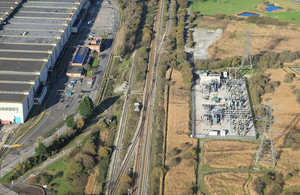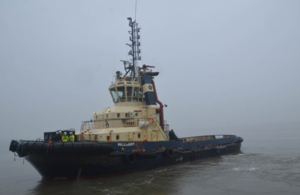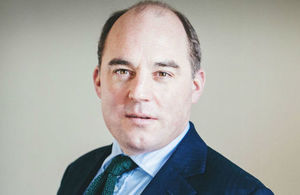Provisional findings published in radio merger inquiry
The Competition and Markets Authority (CMA) is investigating Bauer Media’s completed takeover of certain radio businesses of Celador Entertainment Limited, Lincs FM Group Limited and The Wireless Group Limited along with the entire business of UKRD Group Limited.
As part of an in-depth Phase 2 investigation led by an independent group of panel members, the CMA is concerned about how these transactions could affect the future viability of First Radio Sales Limited, a firm that currently provides more than 100 independent local radio stations with sales representation to national advertisers.
If FRS were to shut down, local radio stations would have to seek sales representation from Bauer or Global (the largest commercial radio group in the UK), leaving local radio stations with little choice when trying to sell national radio advertising airtime and potentially leading to them paying higher commission rates.
The CMA also found that, as a result of Bauer buying Wireless’s Signal 107 station, it now owns the only two stations which can offer local advertising specifically targeted at the Wolverhampton area. This lack of choice could result in advertisers wishing to promote their products to a Wolverhampton audience facing higher prices for ad slots.
The CMA is asking for views on these provisional findings by 6 January 2020 and will assess all evidence provided before making a final decision. The statutory deadline for the CMA’s final report is 17 March 2020.
For more information visit the Bauer Media Group Inquiry page.


